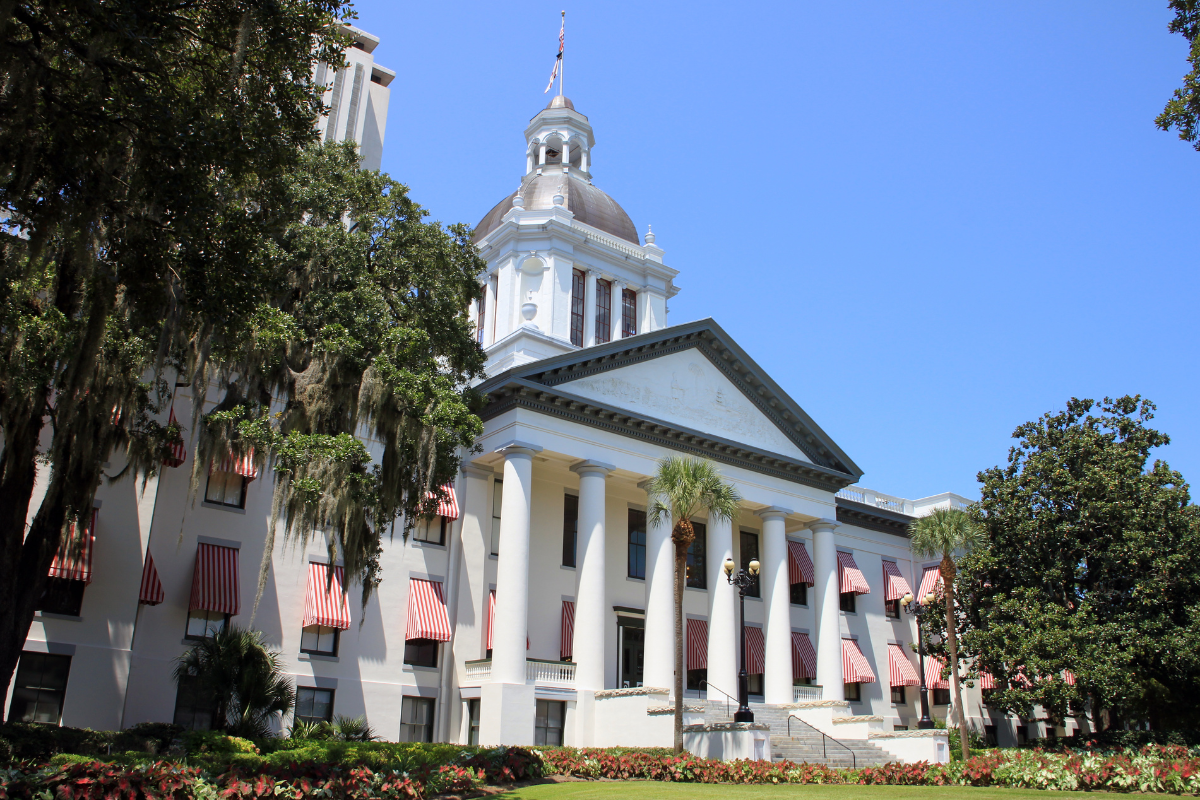In the often fraught landscape of landlord-tenant relationships, regulatory measures that tilt the balance can provoke potent reactions. Florida's CS/HB 1417, a recently enacted law with statewide ramifications for residential tenancies, is no exception. With its broad preemption of local regulations in favor of a unified state standard, the law has triggered intense debate among stakeholders. In this article, we will explore the bill's details, its journey through the legislative process, and the potential implications for Florida's diverse tenant and landlord communities.
Overview of CS/HB 1417
At its core, CS/HB 1417 establishes statewide preemption over residential tenancy regulations and landlord-tenant relationship norms. It marks a shift away from the often disparate local regulations towards a standard set of guidelines applicable across the state.
The new law covers a broad spectrum of tenancy matters, from the processes used by landlords for tenant approval and security deposits to application fees for rental agreements. It delves into the minutiae of rental agreement terms and conditions, articulating the rights and responsibilities of landlords and tenants. In its bid for comprehensive coverage, the law also addresses necessary disclosures about the premises, rental agreement, and landlord-tenant duties, the fees levied by landlords, and the stipulations for serving notices.
CS/HB 147 Tenancy Termination Protocols
CS/HB 1417 brings transformative changes to tenancy termination protocols. Notably, it revises the notice period for the termination of month-to-month tenancies from a previously required 15 days to 30 days. This change offers tenants extra time to arrange for alternate accommodation or reconcile other logistical hurdles that may arise due to an abrupt termination of the tenancy.
For tenancies with a specific duration, the law sets the bounds for notice periods. Neither party can mandate a notice period of less than 30 days or more than 60 days in the rental agreement. This provision ensures a fair chance for both landlords and tenants to prepare for the end of the tenancy.
The Legislative Process and Voting History of CS/HB 1417
The legislation CS/HB 1417 embarked on a complex path before it was ultimately signed into law, as indicated by the progression of votes cast and the numerous modifications it underwent. Following its introduction in the Florida House of Representatives at the start of 2023, the bill was subjected to extensive review and amendments in various committees before reaching its final iteration.
The law was not passed without considerable debate and division, primarily along party lines. Democratic legislators expressed apprehension about the potential weakening of local tenant protection ordinances, suggesting that this statewide preemption could eliminate more robust, local safeguards for tenants. Regardless of these misgivings, the bill won the majority of votes in the House, primarily from Republican representatives advocating for a cohesive regulatory framework to oversee landlord-tenant relationships across the state.
The Senate mirrored this legislative process, including the partisan divisions. Following reconciliation of the House and Senate versions of the bill, a final vote occurred in both chambers. Leveraging the Republican majority in both houses, the bill was passed and eventually given assent by Governor DeSantis. The polarized voting underscored the contentious nature of this legislation and the ongoing discussion about optimal regulation of landlord-tenant relationships in Florida.
Understanding the Impact of CS/HB 1417
CS/HB 1417 introduces fundamental changes to Florida's tenancy laws, intending to create a uniform regulatory landscape. The new law aims to dispel confusion and legal complexities stemming from varying local regulations concerning residential tenancies and landlord-tenant relationships.
Nevertheless, this shift towards a unified regulatory approach is not universally welcomed. Critics, particularly from tenant advocacy groups, argue that the statewide preemption could eradicate tenant protections offered by more lenient local regulations, such as those found in Hillsborough County’s Tenant Bill of Rights. Despite the law's provision for an extended notice period for terminating month-to-month tenancies, there are concerns that this might not be sufficient to offset the potential loss of other locally enacted tenant protections.
A Glimpse into the Future
Given the wide-ranging impacts of CS/HB 1417, it's crucial to consider its long-term implications. On one hand, landlords may welcome the law for bringing consistency and reducing the complexity of dealing with varied local regulations. On the other, tenants may find the law less favorable if it results in the reduction of certain rights and protections, such as those outlined in the Hillsborough County Tenant Bill of Rights.
As the law's implementation rolls out, all eyes will be on its practical effects on Florida's rental market. Policymakers and legal practitioners alike will be keenly observing its implications to gauge its success and to draw lessons for future housing legislation.
Rental Property Compliance Help in Tampa
CS/HB 1417 is more than a legal statute - it is a critical step in shaping the future of Florida's residential rental market. The law's statewide preemption, revised termination notices, and overarching impact on landlord-tenant relationships represent a radical reshaping of the regulatory landscape. As Florida grapples with balancing the rights of tenants and landlords within its vibrant rental market, the lessons gleaned from CS/HB 1417's implementation will be instrumental in influencing future policy decisions.
You don’t have to navigate compliance as a landlord alone - we’re here to help! If you own property in Tampa that you currently rent out or would like to rent out in the future, call Vintage Real Estate first. We’re experts!







 David Sigler is a Florida native who grew up in Fort Lauderdale Florida. He attended the University of Central Florida where he received his bachelor’s degree in Business Administration. David has since become a licensed General Contractor & Real Estate Broker. He has been active in Florida real estate and construction for over 15 years. During the Great Recession he was forced to refocus his ambitions and landed on property management. Starting with a handful of homes that could not be sold, he grew his portfolio and eventually bought the brokerage. With his experience, knowledge, and resources, his company prides themselves on successful turn-key residential investment solutions. He now manages hundreds of homes covering 5 counties and his construction company provides maintenance services to his management company as well as other local managers. David is an active member of the National Association Residential Property Managers and has served on the Florida State Board for over 6 years in many different roles; most recently as the NARPM Florida Chapter President (2019). Active in the GTR community, he has served on the property management subcommittee for over 4 years and recently as chair of the group. He is also active in local and state legislation that affects the property management industry. His unique understanding and perspective of property management and its associated maintenance has provided him with numerous public speaking opportunities. Outside of work, not only is he an avid outdoors man and a board member for several local Non-Profit organizations, but first and foremost a Father and Husband.
David Sigler is a Florida native who grew up in Fort Lauderdale Florida. He attended the University of Central Florida where he received his bachelor’s degree in Business Administration. David has since become a licensed General Contractor & Real Estate Broker. He has been active in Florida real estate and construction for over 15 years. During the Great Recession he was forced to refocus his ambitions and landed on property management. Starting with a handful of homes that could not be sold, he grew his portfolio and eventually bought the brokerage. With his experience, knowledge, and resources, his company prides themselves on successful turn-key residential investment solutions. He now manages hundreds of homes covering 5 counties and his construction company provides maintenance services to his management company as well as other local managers. David is an active member of the National Association Residential Property Managers and has served on the Florida State Board for over 6 years in many different roles; most recently as the NARPM Florida Chapter President (2019). Active in the GTR community, he has served on the property management subcommittee for over 4 years and recently as chair of the group. He is also active in local and state legislation that affects the property management industry. His unique understanding and perspective of property management and its associated maintenance has provided him with numerous public speaking opportunities. Outside of work, not only is he an avid outdoors man and a board member for several local Non-Profit organizations, but first and foremost a Father and Husband.